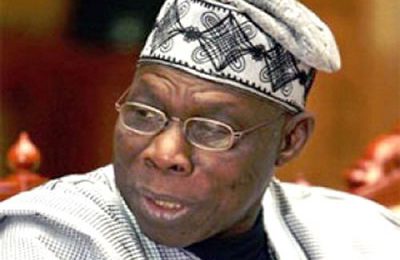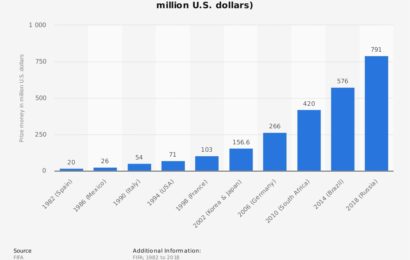
Broadband development, preferential tax regime and policy harmonisations are crucial to achieve digital economy in Nigeria. These would enhance information communication technology (ICT) infrastructure development, attract local and international investment, as well as promote human resource development, global Original Equipment Manufacturer (OEM), Huawei Technologies, Chinese envoy and others have said.
Speaking during a one-day forum organised by the Nigerian Institute of International Affairs (NIIA) in collaboration with the Embassy of the People’s Republic of China in Nigeria and Huawei Technologies Company (Nigeria) Limited in Lagos, the technology giant said ICT infrastructure is crucial to economic digitalisation.
Managing Director of Huawei Technologies Nigeria, Tank Li, said a robust ICT infrastructure is the bedrock for digital transformation in Nigeria. He added that to unleash the digital economy potential in the country, issues of availability and affordability needed to be addressed through sound policy and programmes.
He said: “In order to foster digital transformation of the economy, policies and programmes to increase ICT infrastructure and ensure wide-spread coverage both in urban and rural areas should be prioritised to make voice and data services available. At the same time, strategic measures of infrastructure sharing, investment-friendly regulatory framework and preferential taxation policies are needed to reduce sites acquisition and broadband deployment costs in order to bring down the cost for users to really encourage application of ICT across the industries and the whole society.” Li said.
The conference had: Africa-China Cooperation in ICT and Digital Economy as its theme and was well attended by representatives of government, foreign partners, and stakeholders in power and technology sectors at the Sheraton Abuja Hotel.
In his opening remarks, Mr. Lanre Osibona, Special Advisor on ICT to Vice President Prof Yemi Osinbajo stated there is an urgent need to overcome challenges facing the nation in leveraging ICT to fuel the fourth industrial revolution that brings about digital economy.
“Africa must develop its skills. We must know how to scale workforce and move away from business base outsourcing to knowledge base outsourcing. Data is the future and new hope. For us as a country we must invest heavily in capturing data,” he said.
Also speaking, Chinese Ambassador to Nigeria, Dr. Zhon Pingjian, he said his country will continue to share its development opportunities with African countries and welcome them on board the train of China’s development.
Digitalisation, widespread adoption of digital technologies and applications by corporates, government and consumers, is beneficial for an emerging economy such as Nigeria. According to study by PwC, constrained digital economies can potentially realise a 0.5 per cent increase in GDP per capita for every 10 per cent increase in digitilisation. The study also highlights that digitalisation also has a significant impact on job creation in the overall economy: an increase of 10 per cent in digitalisation reduces a nation’s unemployment rate by 0.84 per cent.
The conference featured discussions on policy issues with a view to propose a domestic approach to not only enhancing the strategic priority of ICT and penetration of fixed broadband, but also improving connectivity through cost-effective network deployment, and easing the development of local content such as e-commerce in accelerating economic growth.
Minister of Communication, Barr Adebayo Shittu said the revolution in ICT sector accounts for well over $32 billion in foreign direct investment over the last 15 years. Such investments in infrastructure have created an ICT backbone that powers various critical sectors of the economy such as banking, e-commerce, insurance, and oil and gas. He stressed the need for all stakeholders to strengthen the technology and innovation ecosystem by supporting the development of innovation hubs in partnership with the private sector.
“This conference provides the opportunity to jump start the critical game-changing steps needed to make Nigeria’s objectives a reality in digital economy. Beyond this conference, we must work to strengthen relationships and knowledge management platforms towards building the better and more digital future that we seek,” Shittu said.








